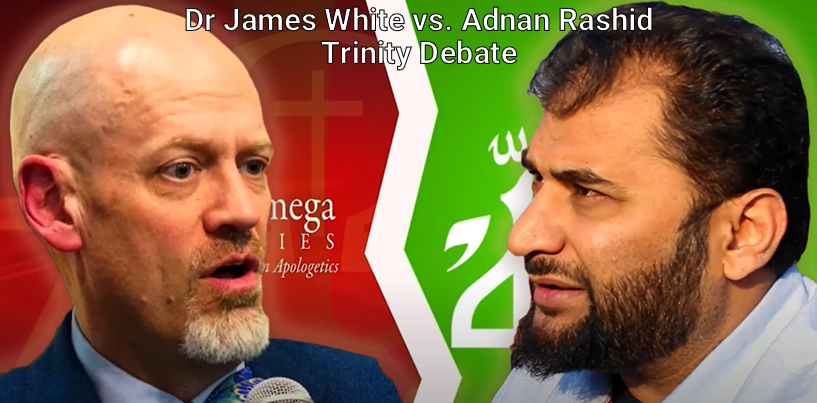Reflections on the Baptist Confession of Faith of 1689
23 Aug 14 began a perhaps unbroken, orderly, and personal journey through my favorite written confession of faith. These are my personal reflections on this beloved historic Particular Baptist confession of the Christian Faith.
NEXT-
Chapter 19. “Of the Law of God.” Paragraph 1: “God gave to Adam a law of universal obedience written in his heart, and a particular precept of not eating the fruit of the tree of knowledge of good and evil; by which he bound him and all his posterity to personal, entire, exact, and perpetual obedience; promised life upon the fulfilling, and threatened death upon the breach of it, and endued him with power and ability to keep it.”
Adam sinned. And died. And everything else in this. The nature of it sometimes seems innocuous because we don’t (and can’t) view sin exactly as God does. We look at what he and his wife did and we say, “C’mon, it’s not like they killed an angel or something?” We can almost trivialize the Fall, or perhaps at least make it some sort of ethereal abstract kind of “idea of sin.” But the Bible calls it sin. You could call it high treason. God covered Adam and Eve just after it as two dead people. He cast them out, but he did not cast them off.
In his song “Active Obedience” Christian rapper Shai Linne says,
“But here’s the thing that you must pay attention to
Although you weren’t there, Adam represented you
Now God is free, He doesn’t need an apology
For those who struggle though, I’ll make a quick analogy
Think logically before you criticize
One player commits a foul, the whole team gets penalized.” (Lyrical Theology. Part 1. Verse 2).
Adam was/is a representative of all humanity. He was/is the head of many. If he entered the room, and we respected our elders, every other human being would stand up to give him respect. And he sinned against his maker. Not his equal. Not his chum. Not his amigo. His God. Now, there is just no way that I could get inside his head. I live in a fallen world, and I always have. He lived in both an un-fallen world and then also a fallen one. Adam and Eve are the only two mere mortals who had that experience. They sinned. We are all penalized as a team. We have the nature of our fallen dad in us.
It is easy and respectable to word it here as these writers do that Adam had a, “…law of universal obedience written in his heart.” He was a sinless man. He walked with God in a wonderful way. No one created since them has known this level of intimacy and joy. We also know he was given an order not to eat from one tree in Eden. See Genesis 2:16-17. This means Adam sinned against a spoken or articulated command. They call it here in the confession a “particular precept.” You and I do this when we transgress God’s written law. We then go beyond the idea of what we ought to know into sinning against what we’ve been told is wrong. Some have made the distinction here between sin and transgression. Paul similarly argues along these lines later in chapter seven.
When Paul is discussing man’s sin condition in Romans, he speaks of sin as an accountable principle (in some ways similarly at least) even today still universally written on the hearts of fallen mankind who are also, like Adam, created in the image of God (cf. Romans 2:12-15). And it still kills. Sin killed before Moses with only less precision known. Cf. Romans 5:14a. Everyone knows that certain things are wrong even if no one’s told you. Conscience is a guide. My kids shouldn’t “need me” to tell them that it’s wrong to stab a sibling. Again, conscience is a guide. And how many of us have heard God speak audibly? No one reading this has. Paul uses a phrase there in Romans speaking of those, “…who had not sinned in the likeness of the offense of Adam.” Romans 5:14. See that whole section for context. What does that mean? Well, the Nation of Israel was more accountable in their sinfulness having been given the covenant. The Law reflected their God’s very character. No one is not accountable, but they were made more accountable. What he’s saying is that while sin was always seen in us all by conscience, it’s made all the more evident by God’s written Law. The confession’s writers here, modeling/copying from the Apostle, make a distinction here between laws on Adam’s heart and then also that law in Adam’s ear to show more about sin than can be seen without the distinction. When I, like Israel after the Exodus, sin against a written or “particular precept” today then I sin “like Adam did” after he was told specifically not to eat of that tree. We all sin today because we all fell in Adam. Romans 3:23. Not one human being aside from Jesus was sinless or born immaculately. Either we sin against conscience and truth in a more abstract manner, or we sin against God’s clear command which is even worse. And unless Jesus rights that, we can only expect judgment like the first Adam who fouled out.
Adam could’ve kept the command. He failed to. He and Eve both. Jesus (God the Son) is called the last Adam in 1 Corinthians 15:45. He now represents another category of mankind. A new creation kind. He did not fail, and by his obedience to God’s Law (inward and outward) he is able to ransom many by the gift of his inherent and on-earth-fully-earned righteousness. He gave his life to save his people from their sins (of every kind).








Leave a Reply